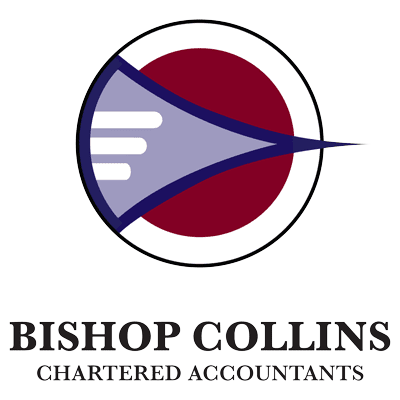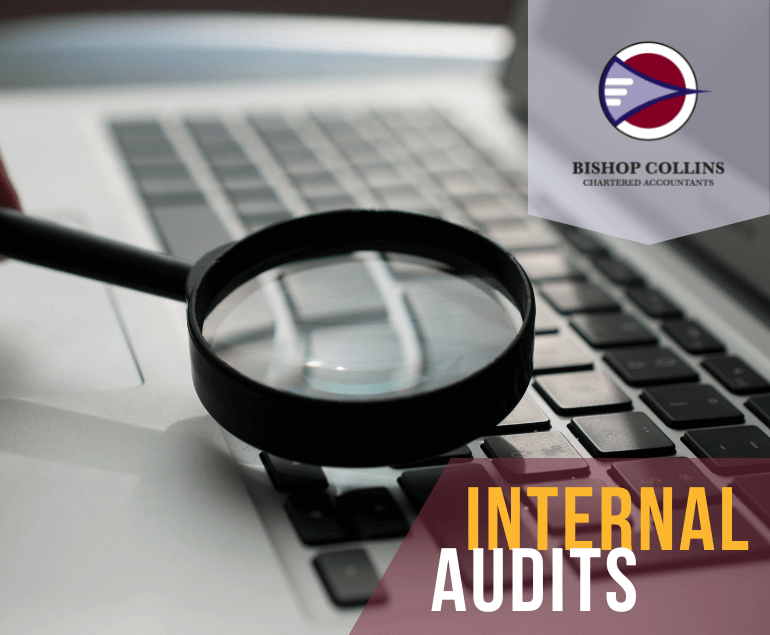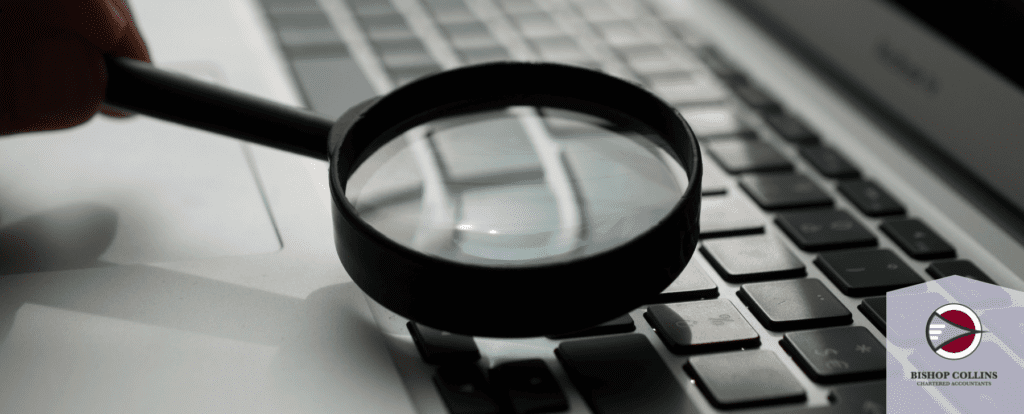The difference between an Internal Audit and External Audit is not always clearly understood. Both internal and external audits are completed with a high degree of independence, diligence and ethics, however, there are key differences in the essential elements of these audits, including purpose and objectives, focus, reporting and outcomes.
What are Internal and External Audits?
Firstly, let’s have a brief refresher on the distinction between internal and external audits.
External Audits
Many businesses and organisations are required to prepare financial information for stakeholders. This is achieved by preparing financial statements. The purpose of financial statements is to provide information about the results of a company’s operations, its financial position, and its cash flows. This information provides transparency and accountability of management’s stewardship of the organisation’s resources to these stakeholders.
Accompanying the financial report is the audit opinion, which is the independent evaluation of the financial report of an organisation. Therefore the purpose of an external audit is “to enhance confidence for intended users in the financial report”. These users might be shareholders, members, lenders, or other stakeholders. You can read more about external audits here.
 Internal Audits
Internal Audits
An internal audit on the other hand, is primarily focused on helping an organisation improve and helping to achieve your business objectives while managing risk. An internal business audit is beneficial to evaluate and improve the effectiveness of risk management, control and governance processes. Our internal auditors work with you to review systems and operations. These internal business audits, or reviews, are aimed at identifying how well risks are managed including whether the right processes are in place, and whether agreed procedures are being adhered to. Internal audits also identify areas where improvements and efficiencies might be achieved. You can read more about the “flavours” of internal audit here.
The Role of the Auditor in Internal and External Audits
The role of the auditor vastly differs between internal and external audits. External auditors focus on the accuracy of the annual report and financial statements, whereas the internal auditor has a surprisingly broad mandate which considers anything which might be important to an organisation’s success.
Attributes of Internal and External Audits
We’ve assembled this overview to assist in understanding the differences between the attributes of internal and external audits.
| Attribute | Internal Audit | External Audit |
| Appointment | Outsourced provider or designated employee or function within an organisation | Appointed externally (e.g. via shareholders (if a public company) or members |
| Independence | Independent of activities subject to internal audit scope and management | Independent of the governing body and management. |
| Reports to | The audit committee (if established) or the board of directors (or committee members) | Shareholders, members and the board of directors (or committee members) |
| Objective | Varies according to the internal audit scope. Importantly the focus is on evaluating controls to facilitate an organisation achieving its goals and objectives. | Forming an opinion on the financial report of the organisation. |
| Focus | Forward-looking | Historical |
| Fraud | May be directly concerned with the prevention of fraud in any activity reviewed | Directly concerned when financial statements may be materially affected by fraud. Incidentally concerned with prevention and detection of fraud. |
| Outcome | Assists an organisation enhance and protect
organisation value and accomplish objectives. |
Opinion on financial statements |
 Why do you Need an Internal Audit?
Why do you Need an Internal Audit?
In a nutshell, internal business audits help evaluate and improve the effectiveness of risk management, control and governance processes. For example, internal audits can look at and assist in the following review areas:
- Ensuring your accounting processes are efficient and effective,
- Identifying, understanding and managing high risk areas,
- Ensuring compliance with policies, procedures, laws and regulations,
- Streamlining operations,
- Safeguarding assets and ensuring efficient use of resources,
- Achieving strategic and operational objectives and goals,
- Ensuring governance and risk assessment processes are in line with best practice,
- Preventing and detecting fraud; Take a sneaky peek at our article on fraud exposures here, and download our tips to prevent fraud here.
As is indicated above, internal auditors work across all areas of an organisation and provide independent audit reports to the audit committee or Board. Auditors go beyond statutory compliance and aim to provide insight into multiple areas of your business beyond financial controls and transactions. Whether it be IT, operations (e.g. production, supply chain, environmental, human resources etc.), as well as intangible elements such as culture and ethics. Frankly, any system or protocol that has an impact on the efficient and effective operation of an organisation could be subject to internal audit and included in the internal audit plan.
 The Relationship Between Internal and External Auditors
The Relationship Between Internal and External Auditors
At times, the work performed by a company’s internal audit function can overlap with the work conducted by the external auditor. This includes, for example, specific financial review areas such as expenditure, revenue and the like, or areas dealing with the assessment of control processes such as their design, implementation and operational effectiveness. Accordingly, an opportunity presents itself whereby the external auditor, rather than duplicating these procedures, may be able to place reliance on the work carried out by the internal auditor.
Having a cohesive working relationship between the internal and external auditors may provide the following benefits:
- Strengthened relationship between the external and internal auditors through a more effective dialogue. This also promotes efficiencies within the organisation subject to audit (e.g. not having to cover the same ground with two separate functions etc.),
- The external auditor can gain additional insights into the entity leveraging from the experience and knowledge of the internal auditor,
- The external auditor can use internal auditors who may have relevant expertise in particular areas,
- The external audit team can focus on the more significant audit issues.
 How an Internal Audit is Delivered
How an Internal Audit is Delivered
Internal auditors work in all sectors, be it public, private or not-for-profit. Depending on the size of your organisation, the internal audit function could be properly internal (e.g. with an in-house employee or team fulfilling this role) or through an external service provider. Common factors considered by organisations in making a decision on how to implement and deliver an internal audit function are:
- Independence of the auditors,
- Expertise of the auditors (e.g. experience with similar organisations, fields or skill sets),
- In relation to the organisation:
- Geographic spread
- Nature of business
- Technology,
- Budget for internal audit function.
Some organisations adopt a hybrid internal business audit model, also known as ‘co-sourcing’. Co-sourcing allows an organisation to rely on the expertise of a professional auditing firm while still participating to the extent that your in-house team is able. For some organisations, the need for a co-sourced internal audit team is needed to address specific and complex issues or to perform a highly specialised review area. This model can be incredibly efficient as it allows resources to be directed to other areas of the organisation, allows access to specialised expertise and potentially promotes cost savings.
 Where to from Here?
Where to from Here?
If you would like to discuss your organisation’s internal business audit requirements, the establishment of an internal audit function or facilitating the outsourcing (or co-sourcing) of your internal audit function, the team at Bishop Collins would be delighted to have an obligation-free and confidential discussion.
Please reach out to us at Bishop Collins if you would like to seek professional help to explore your internal audit options.





 Internal Audits
Internal Audits Why do you Need an Internal Audit?
Why do you Need an Internal Audit? The Relationship Between Internal and External Auditors
The Relationship Between Internal and External Auditors How an Internal Audit is Delivered
How an Internal Audit is Delivered Where to from Here?
Where to from Here?